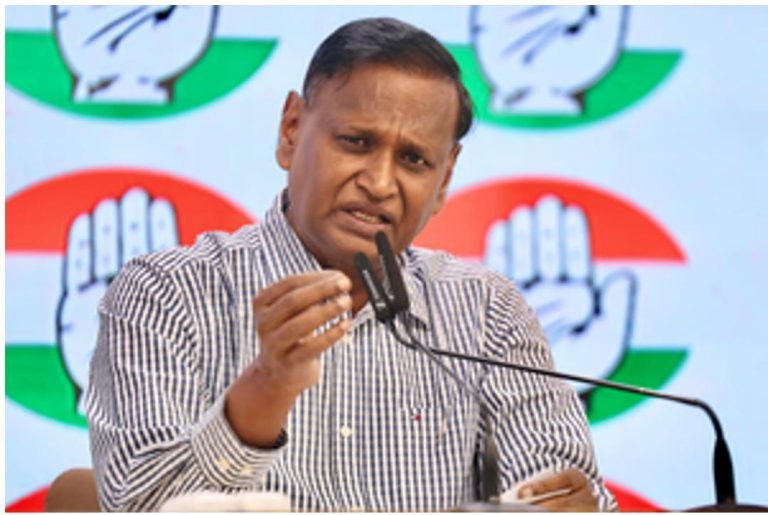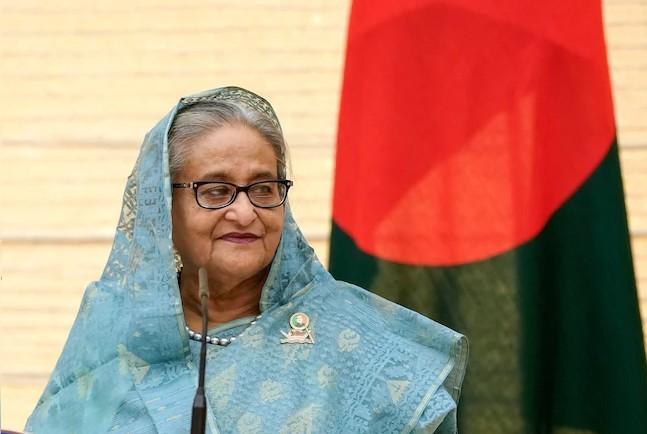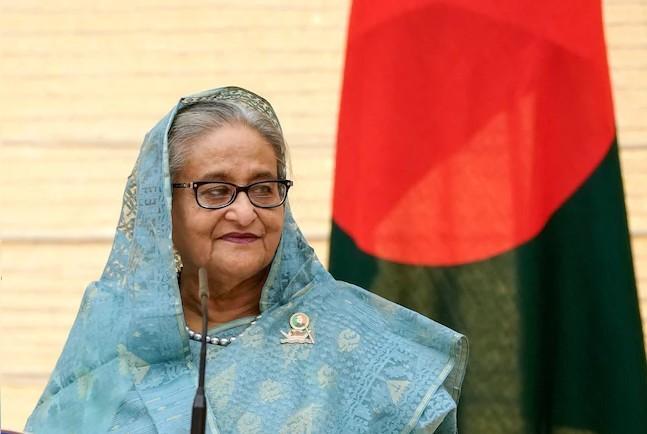
Title: Lalu is the ‘Gabbar’ of Bihar, he scares everyone: Bihar Dy CM
The upcoming assembly elections in Bihar have already sparked a heated debate, with various political parties trying to gain an edge over each other. Amidst this cacophony of political rhetoric, a statement made by Bihar Deputy Chief Minister Samrat Choudhary has set tongues wagging. Choudhary alleged that a staggering 1.25 crore people left Bihar due to the fear instilled by RJD chief Lalu Prasad Yadav. He referred to Lalu as the ‘Gabbar’ of Bihar, stating that he was the one person who scared everyone, regardless of their community or social class.
This statement is significant, given the political climate in the state. Lalu Prasad Yadav, a former Chief Minister of Bihar, has been accused of various corruption charges, including the infamous fodder scam. His party, the Rashtriya Janata Dal (RJD), is known for its strong support base among the backward classes and Dalits. Choudhary’s statement seems to be an attempt to discredit Lalu and his party, ahead of the assembly elections.
The phrase ‘Gabbar’ is particularly noteworthy, as it is a reference to the iconic Bollywood villain played by late actor Amitabh Bachchan in the 1975 film Sholay. In the film, Gabbar Singh is a ruthless and cunning dacoit who is feared by everyone in the village. By likening Lalu to Gabbar, Choudhary is implying that Lalu’s influence is so pervasive that it has led to a mass exodus of people from the state.
Choudhary’s statement has sparked a range of reactions from political leaders and analysts. While some have criticized Choudhary for using inflammatory language, others have seen his statement as a desperate attempt to garner attention ahead of the elections.
The RJD, naturally, has been quick to respond to Choudhary’s statement. Party spokesperson Manoj Jha accused Choudhary of being desperate and trying to divert attention from the real issues affecting the state. Jha claimed that Choudhary’s statement was a clear indication of the BJP’s inability to address the concerns of the people.
The BJP, on the other hand, has claimed that Choudhary’s statement was a reflection of the reality on the ground. Party spokesperson Nalin Kohli said that Lalu’s corrupt and divisive politics had led to a significant exodus of people from the state. Kohli added that the people of Bihar were tired of Lalu’s rule and were looking for a change.
The debate surrounding Choudhary’s statement highlights the complex political dynamics at play in Bihar. The state is home to a diverse range of communities, each with its own set of political allegiances and aspirations. The RJD’s strong support base among the backward classes and Dalits is well-known, and the party has traditionally relied on this support to win elections.
However, in recent years, the BJP has made significant inroads in the state, particularly among the upper castes and middle classes. The party’s strong Hindutva agenda and its ability to provide effective governance have attracted many voters who were previously loyal to the RJD.
As the assembly elections approach, it is clear that both parties will stop at nothing to gain an edge over each other. The debate surrounding Choudhary’s statement is likely to continue, with both sides trading barbs and attempting to discredit each other.
In the midst of this political chaos, it is worth remembering that the people of Bihar are looking for a change. They are tired of corruption and instability, and are seeking a government that can provide effective governance and address their concerns.
As the elections approach, it will be interesting to see how the parties respond to the concerns of the people. Will they focus on bread-and-butter issues, such as jobs and education, or will they resort to divisive rhetoric and communal politics?
Only time will tell, but one thing is clear: the people of Bihar deserve a government that is accountable, transparent, and committed to their well-being. As the debate surrounding Choudhary’s statement continues, it is essential to remember the real issues at stake and to hold our elected representatives accountable for their actions.






